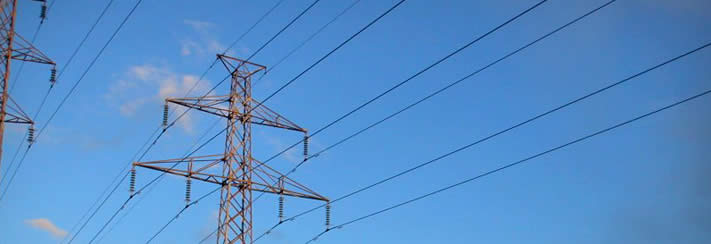India to buy at least 5,000 MW by 2030
Kathmandu, November 21
Amid rising concerns about the market for surplus energy generated within the country, the Indian government has assured Nepal that it will buy huge quantum of electricity from Nepal in the near future.
Speaking at the seventh Power Summit organised by Independent Power Producers’ Association–Nepal here today, Aniruddha Kumar, joint secretary at India’s Ministry of Power, said, “We plan to buy 5,000 to 10,000 megawatts of hydropower energy from Nepal by 2030 and are open to buying more electricity as per our requirement.”
Stating that 80 per cent of India’s current energy needs are being met by fossil fuels, he said, “We plan to reduce our dependence on fossil fuels to 50 per cent by 2030 and for that we will be replacing our energy source with cleaner energy, such as hydropower.”
Speaking to THT, Kumar added that India had identified hydropower as the main source of renewable energy to balance its energy mix system. “Hydropower is a natural battery, so cross-border trade between Nepal and India is crucial to ensure a win-win situation for both sides.”
The Indian government has accelerated the work to build cross-border high-voltage transmission lines between Bhutan and India, he said, adding that Kathmandu and Delhi should also build such cross-border transmission lines to make transmission of electricity possible through mutual understanding.
“Furthermore, connectivity between Bangladesh, Bhutan, India and Nepal will also make it possible to supply the generated energy from one country to another,” Kumar emphasised.
Earlier, the government and independent power producers had expressed concerns about the surplus energy that would be generated within the country by the next fiscal.
“The Indian government’s commitment has filled Nepali investors with new optimism to increase investment in hydropower sector,” said Shailendra Guragain, president of IPPAN. “The government needs to speed up negotiations and ink necessary agreements with the Indian government so that Nepal can successfully export power to India and Bangladesh.”
Guragain added that the pace of bilateral, trilateral and multilateral talks needed to be ramped up to make export of Nepal’s hydro energy to neighbouring countries a possibility.
Dinesh Kumar Ghimire, secretary at the Ministry of Energy, Water Resources and Irrigation, said the Indian government had expressed interest in buying Nepali hydropower in the near future. He recalled that in the recent Joint Steering Committee meeting held in India, the Indian government had said it was keen to import a large quantum of electricity generated in Nepal.
“The government is ready to provide necessary support to ensure that Nepal’s vision of exporting energy to India and Bangladesh materialises,” said Ghimire, adding that there was no need to worry about the market for Nepal’s electricity.






